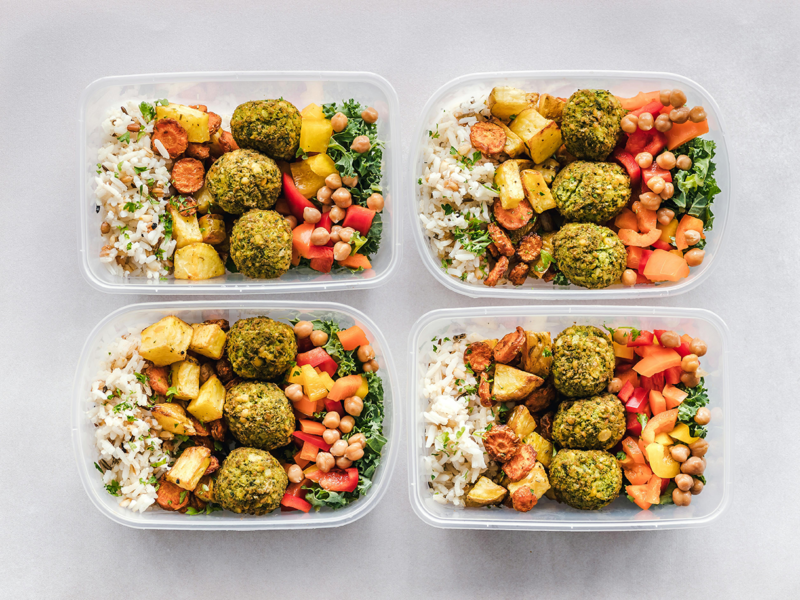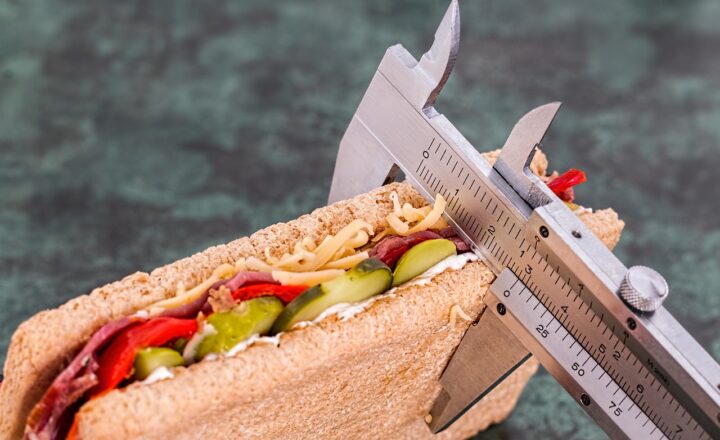Understanding Calorie Balance: The Key to Managing Your Weight Effectively
October 14, 2024

When it comes to weight management, calorie balance is one of the most fundamental concepts to understand. Whether you’re aiming to lose, maintain, or gain weight, managing the balance between the calories you consume and the calories you burn is crucial. In this article, we’ll explore what calorie balance is, how it affects your body, and provide practical tips to help you achieve your weight goals.
1. What Is Calorie Balance?
Calorie balance refers to the relationship between the number of calories you consume through food and beverages (calories in) and the number of calories your body uses for daily activities and bodily functions (calories out). This balance determines whether you gain, lose, or maintain weight:
- Calorie Surplus: Consuming more calories than you burn leads to weight gain.
- Calorie Deficit: Consuming fewer calories than you burn leads to weight loss.
- Calorie Maintenance: Consuming calories equal to the number you burn maintains your current weight.
2. The Importance of Calorie Balance for Weight Management
Understanding calorie balance is essential because it allows you to tailor your diet and activity levels to achieve your desired weight outcome. For example, if your goal is to lose weight, you need to create a calorie deficit. If your goal is to build muscle or gain weight, a calorie surplus will be necessary.
3. How to Calculate Your Calorie Needs
Your daily calorie needs depend on several factors, including age, gender, weight, height, and activity level. You can estimate your daily calorie requirements using online calculators or formulas like the Harris-Benedict Equation or the Mifflin-St Jeor Equation, which consider these factors to determine your Basal Metabolic Rate (BMR).
Example of Calculating Caloric Needs:
For someone with a BMR of 1,800 calories and a moderately active lifestyle (BMR x 1.55), the daily calorie requirement would be: 1,800 x 1.55 = 2,790 calories
4. Practical Tips for Managing Calorie Balance
Here are some practical tips to help you manage your calorie balance effectively:
a. Track Your Food Intake
Tracking what you eat helps create awareness of your calorie intake. You can use apps like MyFitnessPal, Lose It!, or Cronometer to log meals and monitor your calorie consumption.
b. Monitor Your Physical Activity
Stay aware of your activity levels by tracking your steps, workouts, and other physical activities. Many fitness apps and wearable devices, like Fitbits or Apple Watches, provide estimates of calories burned.
c. Focus on Nutrient-Dense Foods
Eating nutrient-dense foods, such as fruits, vegetables, lean proteins, and whole grains, can help you stay fuller for longer while providing essential nutrients. This can support calorie management by reducing the urge to snack on high-calorie, low-nutrient foods.
d. Set Realistic Caloric Goals
When creating a calorie deficit or surplus, aim for a moderate change, typically around 500 calories per day, to lose or gain about 1 pound per week. This gradual approach is generally healthier and more sustainable.
e. Stay Hydrated
Drinking enough water can help you control hunger and prevent unnecessary snacking. Often, thirst is mistaken for hunger, leading to increased calorie intake.
5. Common Myths About Calorie Balance
There are many myths surrounding calorie balance and weight management. Let’s debunk a few:
- Myth: All calories are equal.
Fact: While all calories provide energy, the source matters. Nutrient-dense calories from whole foods support health, whereas calories from sugary or processed foods may contribute to weight gain and health issues. - Myth: Skipping meals helps create a calorie deficit.
Fact: Skipping meals can lead to overeating later and may slow down your metabolism, making weight loss harder. - Myth: Exercise alone can manage calorie balance.
Fact: While exercise is important, diet plays a crucial role. It’s often easier to consume fewer calories than to burn excess calories through exercise.
6. Finding the Right Balance for You
Everyone’s body responds differently to calorie intake and expenditure, so it’s essential to find a balance that works for you. Listening to your body’s hunger and fullness cues, being mindful of portion sizes, and adjusting your plan as needed are all critical components of successful calorie management.
Conclusion
Calorie balance is a foundational concept for effective weight management. By understanding how calories in and calories out impact your weight, you can make informed decisions that support your health and fitness goals. Whether your goal is to lose, maintain, or gain weight, managing your calorie balance with the right approach can lead to lasting, sustainable results.







